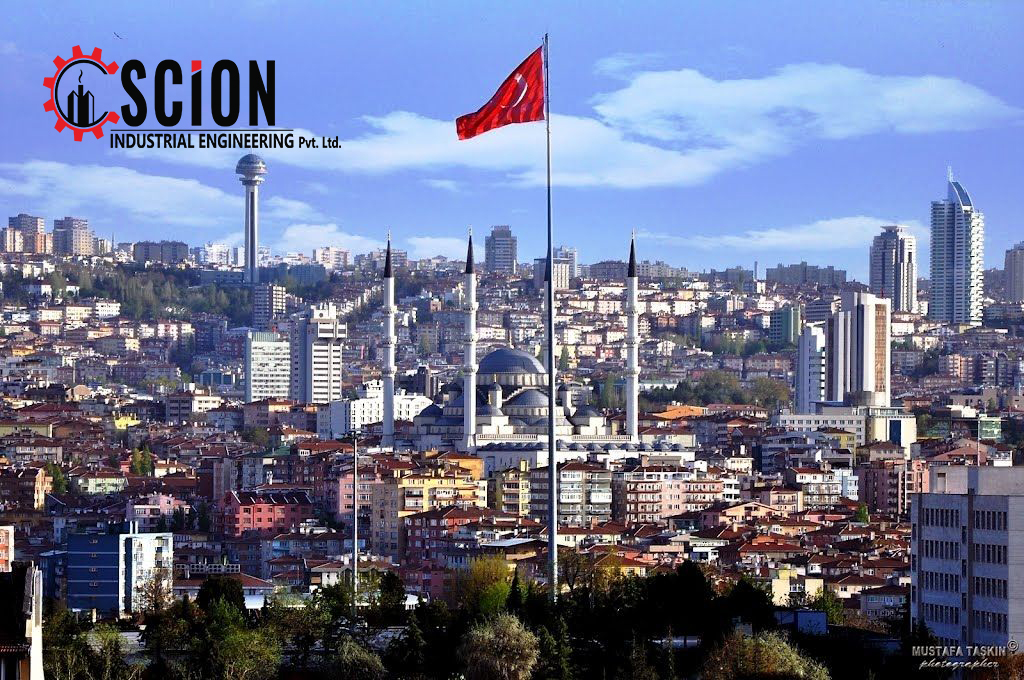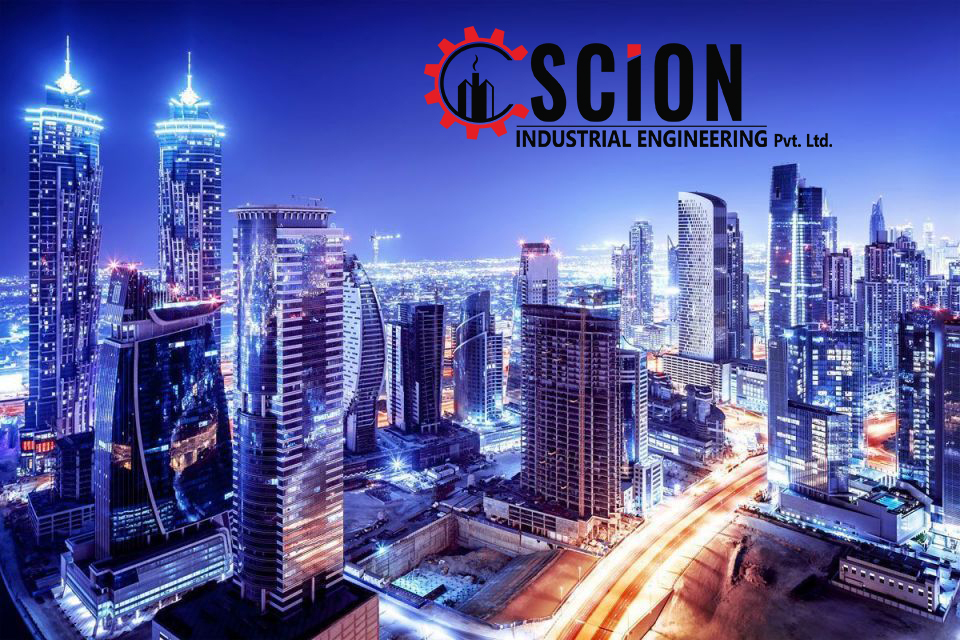Turkey’s manufacturing activity expanded at the fastest pace in nearly seven years in January, a key survey showed on Feb. 1.
According to the Purchasing Managers’ Index (PMI) compiled by IHS Markit and the Istanbul Chamber of Industry (İSO), the headline index rose to 55.7 in January from 54.9 in December 2017.
Any figure greater than 50 indicates overall improvement of the sector.
“Business conditions in the Turkish manufacturing sector improved at a strong and accelerated pace at the beginning of 2018. Bolstered by strong demand, growth in new orders and purchasing activity quickened, leading to the fastest expansion in output observed for almost seven years,” said IHS Markit economist Gabriella Dickens, commenting on the PMI survey data.
The overall performance was the best since March 2011 amid strong underlying demand, read the release, adding that the upward movement in the headline index was supported by sharp and accelerated output growth at the start of 2018.
“Notably, manufacturing output rose at the quickest pace since February 2011. Firms continued to win new business in January, as demand rose domestically as well as globally. This led volumes of new orders to grow at the quickest pace seen in 83 months,” it added.
“Strong production growth was also supported by a further rise in employment during the month, with workforce numbers increasing solidly, albeit at a slightly slower pace,” the release stated.
However, cost burdens also increased sharply amid unfavorable exchange rate movements and higher raw material prices.
The release noted that in response to higher cost pressures, manufacturers raised their selling prices.
The rate of inflation in output charges was the fastest observed over the past 12 months, it added.
source: http://www.hurriyetdailynews.com/turkeys-manufacturing-growth-hits-fastest-rate-in-almost-seven-years-126627


